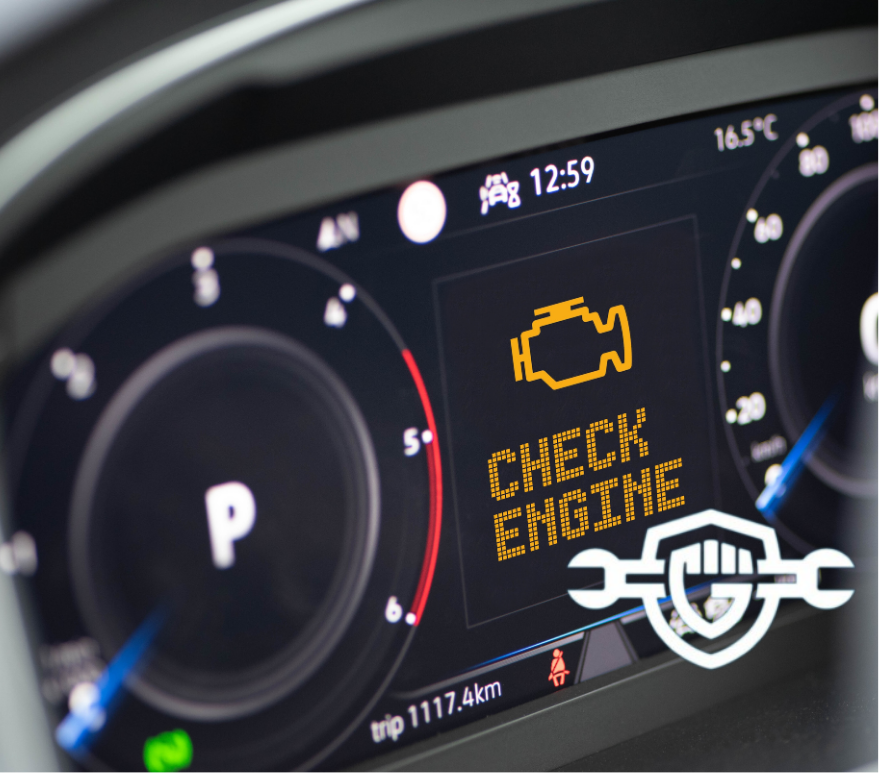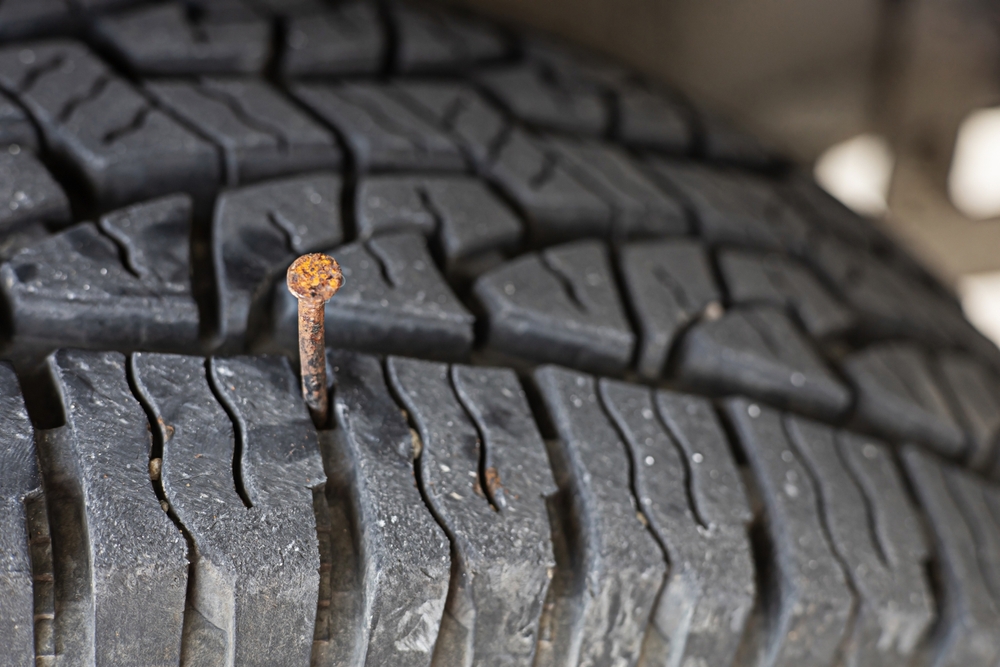Can a Bad Battery Trigger a Check Engine Light?
Published on
August 15, 2025

Can a Bad Battery Trigger a Check Engine Light?
Long story short, yes, a bad or weak battery can trigger a check engine light.
Low voltage can cause sensors to send faulty signals or make the vehicle’s computer think there’s a problem. It’s especially common after a dead battery or jump-start, when systems reset and stored codes get triggered.
However, just because the battery can trigger the light doesn’t mean it’s the only cause, or even the main one. A weak battery might be the spark that sets off a warning, but it could also be highlighting deeper issues in the charging system or engine components that rely on consistent voltage. That’s why checking the battery is a smart first step, but not the only one.
What Your Check Engine Light Is Telling You
The check engine light is one of the most common and also the most misunderstood warnings on your dashboard. It can mean a lot of things: a misfire, a bad sensor, emissions trouble... and yes, in some cases, even a weak or dying battery.
If your check engine light came on after your battery died or started acting up, you’re not imagining things. Electrical power is what makes your car’s entire system run correctly, and when the battery isn’t holding up its end, it can cause other systems to throw codes, even if they’re not actually broken.
How a Weak Battery Can Trigger a Warning
Modern cars rely heavily on a stable voltage to keep their electronics working properly. When a battery starts to fail, it can cause low voltage or voltage spikes that confuse your vehicle’s computer. Sensors may send bad data, or the system might lose track of what’s working and what isn’t.
That can lead to all kinds of false alarms, including a check engine light. It’s especially common right after a battery dies or gets jumped. The sudden loss or return of power can cause stored codes to appear, even if there’s no major issue.
In some cases, a weak battery can actually cause real problems, like hard starts, stalling, or inconsistent sensor readings, all of which can also lead to the light coming on.
Other Clues Your Battery Might Be the Problem
Not sure if your battery is the culprit? Here are a few things to look for:
- Slow engine cranking when you start the car
- Dimming headlights or interior lights
- Dashboard lights flickering or resetting
- Clicking sounds when turning the key
- Recent jump-starts or battery replacements
If your check engine light came on around the same time you noticed these symptoms, your battery or charging system is a good place to start. But keep in mind, batteries aren’t the only thing that can cause these issues; it’s important to test before replacing.
When It’s Time to Run a Battery Test
If your check engine light is on and your battery has been acting up, don’t just guess. Get it tested. At GreatWater 360 Auto Care, we can run a quick battery and charging system test to see if voltage issues are behind the warning light.
We’ll also scan your vehicle’s computer for codes and help figure out whether the light is pointing to a real issue or just reacting to a temporary voltage drop. Either way, we’ll explain what’s going on and what needs to be done. Clearly, honestly, and without any pressure.
Check engine light on after your battery died? Let’s take a look. Schedule a battery and diagnostic check today and get peace of mind before it becomes a bigger problem.


